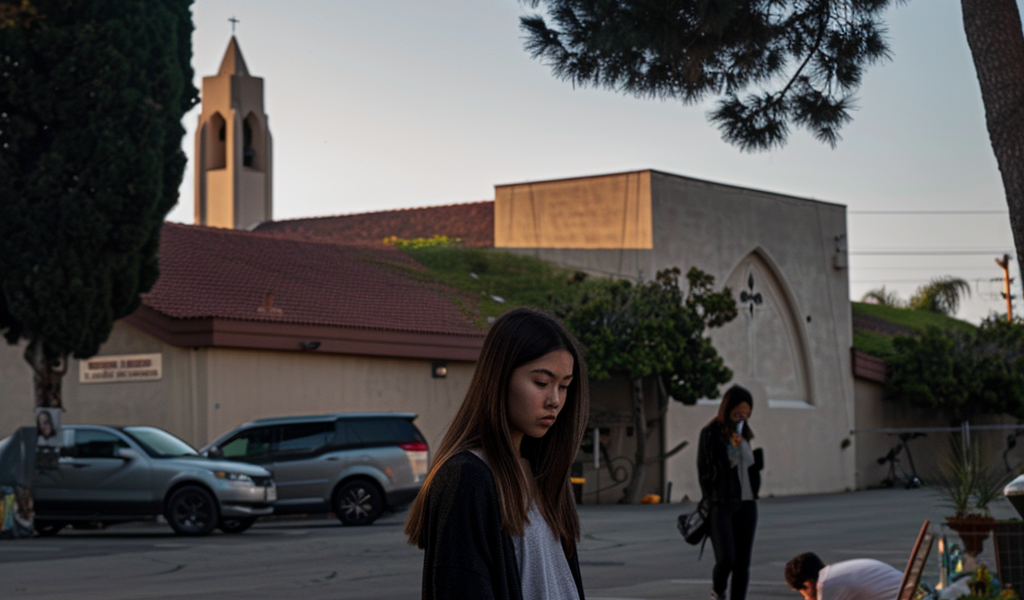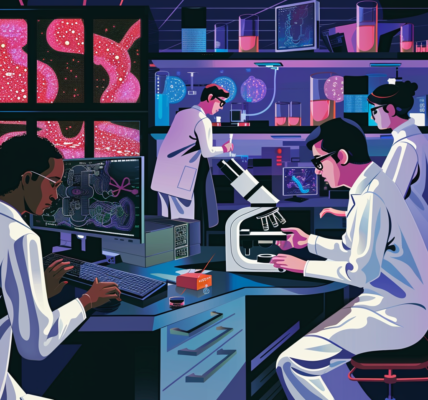Annie An, a recovering addict, walks out to the parking lot for a break at Nanoom Christian Fellowship in Los Angeles, a church that serves as a drug rehabilitation center for Korean-American drug users. This scene reflects the ongoing struggle against the fentanyl crisis in California, a battle that continues to claim lives and devastate families across the state.
The fentanyl epidemic has become a pressing issue in California, with families grappling with the devastating effects of addiction and overdose. As a community, we are faced with the harsh reality that punitive measures alone will not address the root causes of this crisis. Instead, a shift towards understanding, compassion, and comprehensive support is essential.
Pattie Vargas, a mother and grief counselor, shares her personal journey through the pain of losing her son, Joel, to an overdose in 2017. Her daughter, Rebekah, was with Joel during his final moments and narrowly escaped a similar fate. Today, Rebekah is in long-term recovery and actively participates in the recovery movement, advocating for change and support for those affected by substance use disorder.
Vargas emphasizes the importance of education and awareness in combating the stigma surrounding substance use disorders. Many families feel isolated and ashamed, often leading to a reluctance to seek help. By fostering open conversations and providing resources, we can create a supportive environment for those struggling with addiction.
Fentanyl, a synthetic opioid, is alarmingly potent—50 times stronger than heroin and 100 times stronger than morphine. Its presence in the drug market poses a significant danger, especially to unsuspecting users who may unknowingly consume it mixed with other substances. The risk of overdose is heightened, making it crucial for communities to prioritize education about the dangers of fentanyl.
While there have been preliminary reports indicating a decrease in overdose rates in California, the reality remains grim. The California National Guard’s Counterdrug Task Force continues to seize millions of fentanyl pills and thousands of pounds of illicit drugs, highlighting the ongoing battle against the supply that fuels addiction.
To effectively address the fentanyl crisis, a multi-faceted approach is necessary. This includes not only law enforcement efforts to disrupt the supply chain but also a focus on prevention, treatment, and recovery support. Comprehensive education initiatives can inform the public about the dangers of fentanyl and the importance of seeking help for substance use disorders.
Moreover, increasing access to treatment options is vital. Many individuals struggling with addiction face barriers to receiving the help they need, whether due to financial constraints, lack of insurance, or limited availability of treatment facilities. Expanding these services can provide critical support to those in need.
The stigma surrounding addiction must also be dismantled. By fostering a culture of understanding and acceptance, we can encourage individuals to seek help without fear of judgment. Community support networks, educational programs, and advocacy initiatives can play a crucial role in changing perceptions and promoting recovery.
Families affected by addiction need to know they are not alone. Support groups and counseling services can provide a safe space for individuals to share their experiences and find solace among others who understand their struggles. Vargas’s own journey as a grief counselor underscores the importance of connecting with others who have faced similar challenges.
As California continues to grapple with the fentanyl crisis, it is imperative that we prioritize compassion and understanding over punishment. By investing in education, treatment, and support systems, we can create a healthier environment for those affected by substance use disorders and work towards reducing the devastating impact of addiction on families and communities.
In the face of this crisis, we must remember that behind every statistic is a human being—a mother, a father, a child—whose life has been irrevocably altered by addiction. It is our collective responsibility to ensure that no one has to walk this painful path alone.





